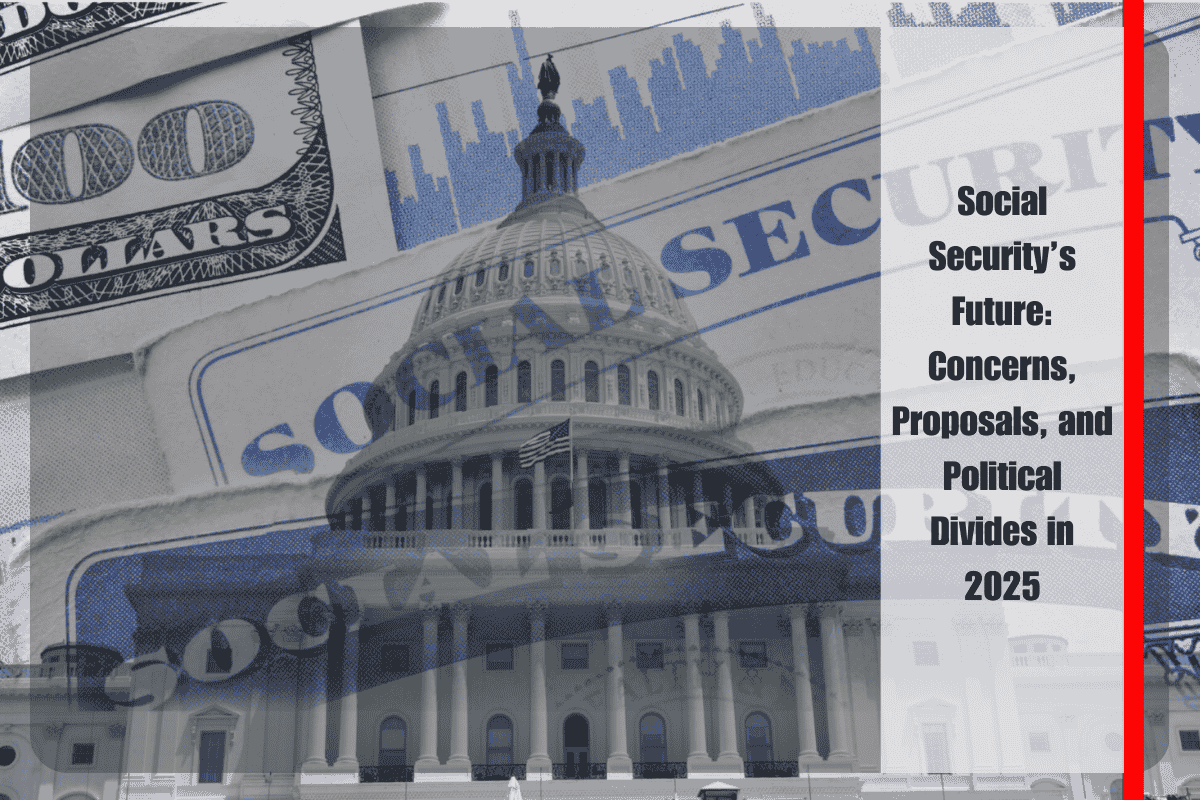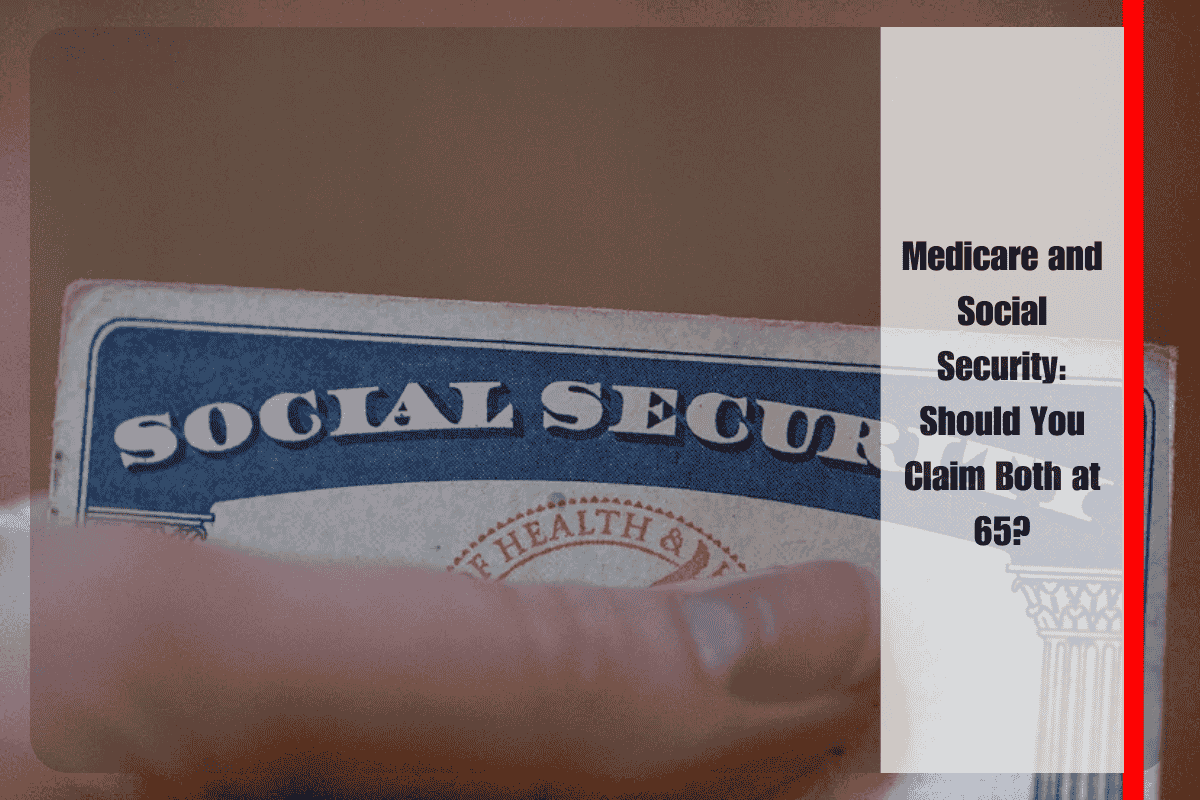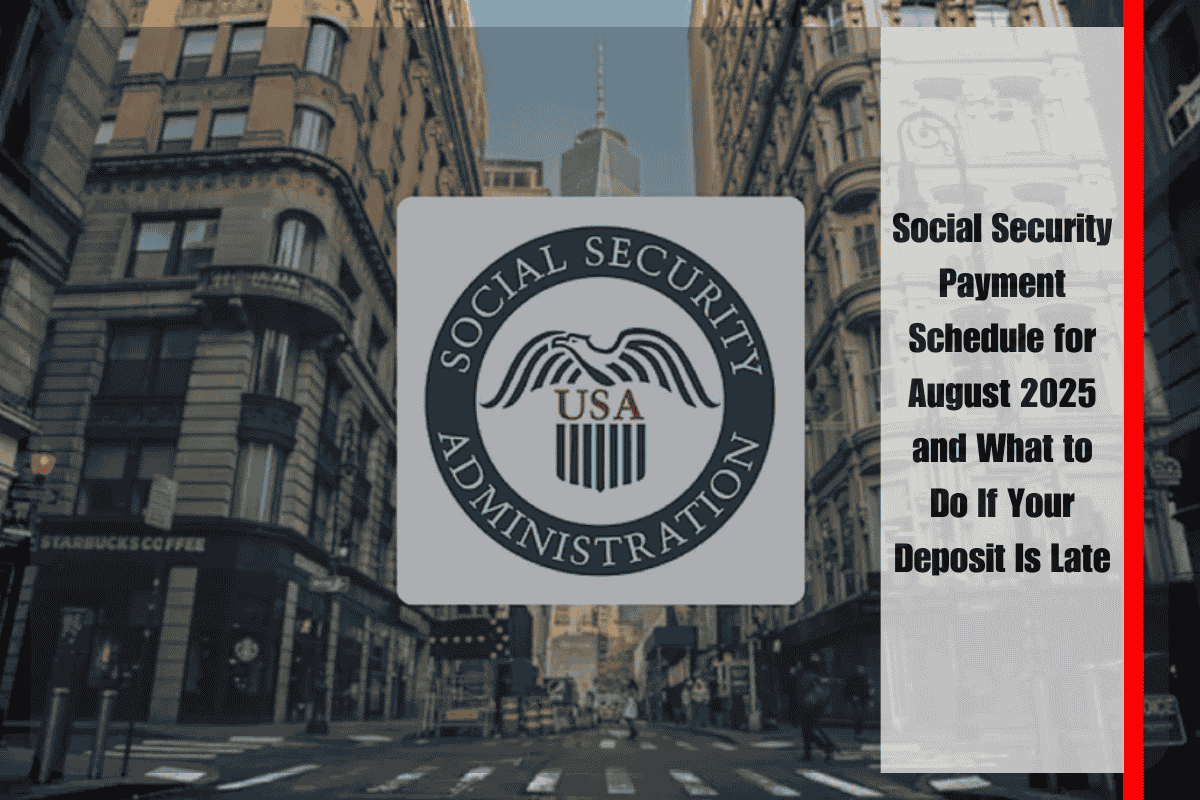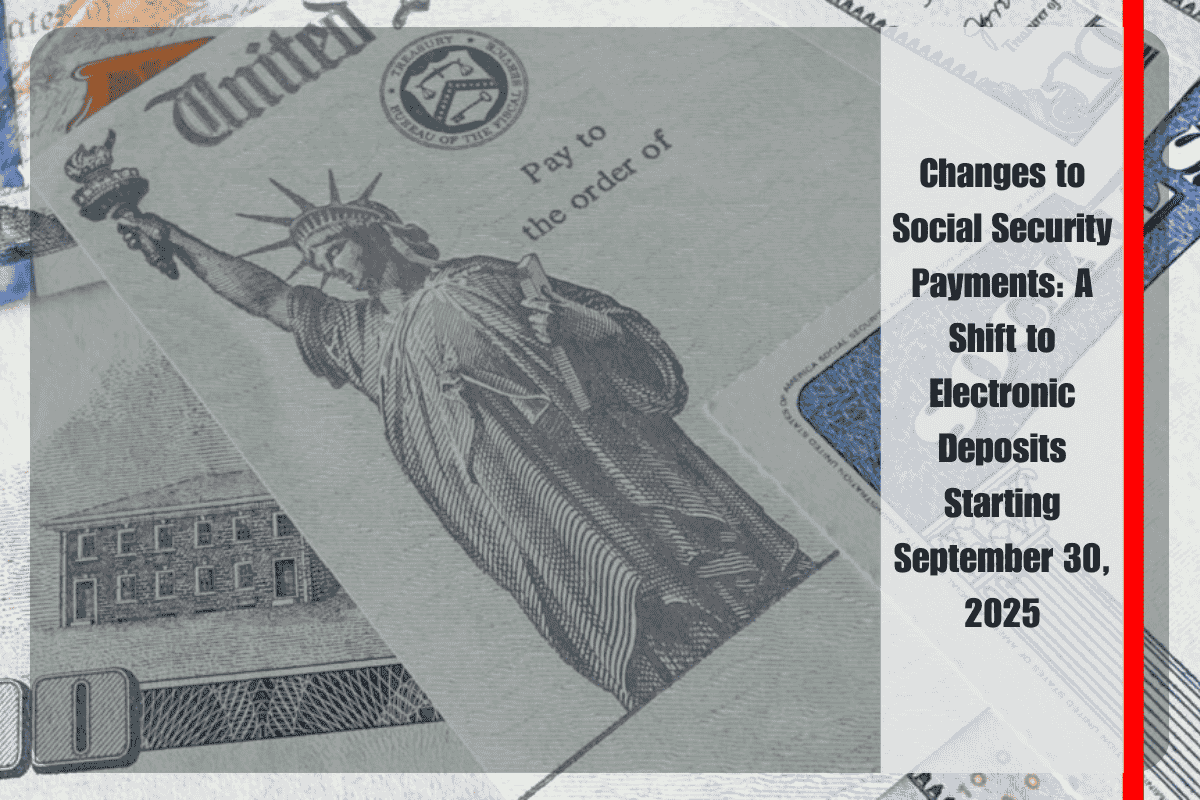Social Security Garnishment is making waves this July, and for good reason. Starting July 24, 2025, over one million Americans could see their benefits reduced, with some individuals facing cuts of up to 50%. For those living on fixed incomes, such reductions could have serious consequences. Whether you’re retired, disabled, or receiving survivor benefits, understanding what’s happening and how to protect your monthly income is essential. This guide will break down what Social Security Garnishment is, who it affects, and how you can respond to safeguard your payments.
What is Social Security Garnishment and Why Does it Matter?
The new rules for Social Security Garnishment are set to take effect on July 24, 2025. This policy update comes as the Social Security Administration (SSA) seeks to recover around $23 billion in overpayments. While it may sound like a technical adjustment, it’s deeply personal for the more than one million people whose monthly checks will be impacted. Overpayments can occur for various reasons, such as reporting mistakes, SSA errors, or unreported life changes. If you’ve been overpaid, the SSA will begin garnishing your benefits to recover those funds.
The SSA’s goal is to clean up its records, but the process has been controversial. Many recipients are frustrated with the lack of flexibility, as the garnishment can result in significant cuts to their benefits. It’s crucial to take action now, especially if you’ve received letters from the SSA or are concerned about your benefits being at risk. By understanding the situation and your rights, you can better navigate these changes and protect your income.
Key Facts About Social Security Garnishment
The new garnishment rules officially start on July 24, 2025, with over one million beneficiaries expected to be affected. Depending on your case, garnishments can be as high as 50%. The SSA is looking to recover $23 billion in overpayments, which occurred for various reasons like errors in reporting income or life changes that weren’t updated. The SSA will send notices to people whose benefits are at risk of garnishment. If you fail to respond, the deductions will begin. For retirees, disabled workers, and survivors, this is a critical issue that could result in a substantial reduction in their monthly payments.
It’s important to note that this garnishment is a result of a broader effort by the SSA to clean up its financial records. While the goal is to recover money that was incorrectly issued, it has sparked concern among many Americans, particularly seniors and low-income households who rely on Social Security for survival.
How to Prepare for Social Security Garnishment
If you’re worried about your Social Security payments being garnished, now is the time to take action. Start by carefully reviewing any notices you’ve received from the SSA to check for mentions of overpayments. If you suspect a mistake or if you haven’t reported a life change (like returning to work or a change in marital status), gather supporting documentation such as tax returns or medical bills. You can use this information to request a waiver or an appeal.
To challenge the garnishment, visit SSA.gov to file for a waiver or request a reconsideration of the debt if you believe the overpayment is inaccurate. Additionally, consulting a Social Security advisor or legal expert can provide you with a clearer understanding of your rights and help you manage the process.
Who Will Be Affected by Social Security Garnishment?
Over one million Americans are expected to be impacted by this new garnishment policy. This includes retirees who rely on their monthly Social Security checks as their primary income, disabled workers whose earnings may have changed but were not reported, and survivors receiving benefits based on a deceased family member’s record. If you are in one of these groups and have received a letter from the SSA, it is critical to act immediately to avoid garnishment. Failing to respond can lead to as much as 50% of your monthly check being withheld.
Why This Change is Happening and How It Affects You
This new garnishment process is part of a larger shift that began in April 2025 and will be fully enforced by July 24. According to SSA data, approximately 2 million beneficiaries owe repayment, with over half facing deductions directly from their checks. While the SSA aims to recover unpaid balances and improve its processes, the sudden implementation has left many individuals feeling unprepared and stressed about the potential loss of income.
How to Avoid or Manage Overpayment
If you’ve received a notice from the SSA stating that you owe overpayments, there are several options available to help manage the situation. One option is to apply for a waiver if you can prove that the overpayment was not your fault and that repaying the debt would cause significant financial hardship. Another option is to request a reconsideration if you believe the SSA made a mistake. If your financial situation is particularly strained, you can also negotiate for a lower garnishment rate, providing proof of your current income and expenses.
The key to managing overpayment issues is to take action before the July 24 deadline. By acting early, you can reduce the impact of garnishment and potentially avoid it altogether.
Starting July 24, 2025, Social Security garnishment will affect many Americans, particularly retirees, disabled workers, and survivors who rely on these benefits to meet their financial needs. The SSA is attempting to recover billions in overpayments, but the sudden implementation of this policy has left many individuals vulnerable to significant reductions in their monthly income. It is crucial to act quickly if you believe your benefits might be at risk. By reviewing SSA correspondence, applying for waivers or reconsiderations, and seeking expert advice, you can protect your income and reduce the impact of garnishment.












